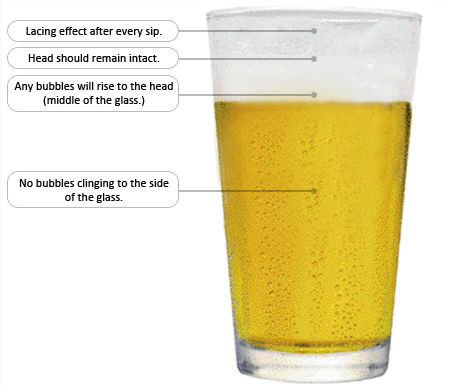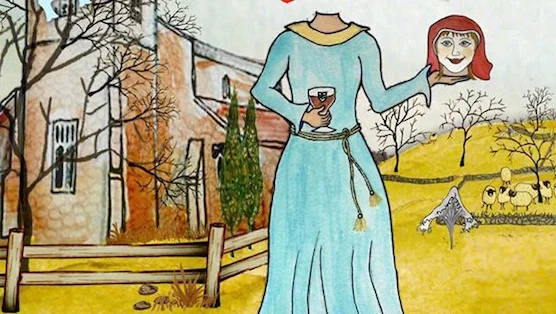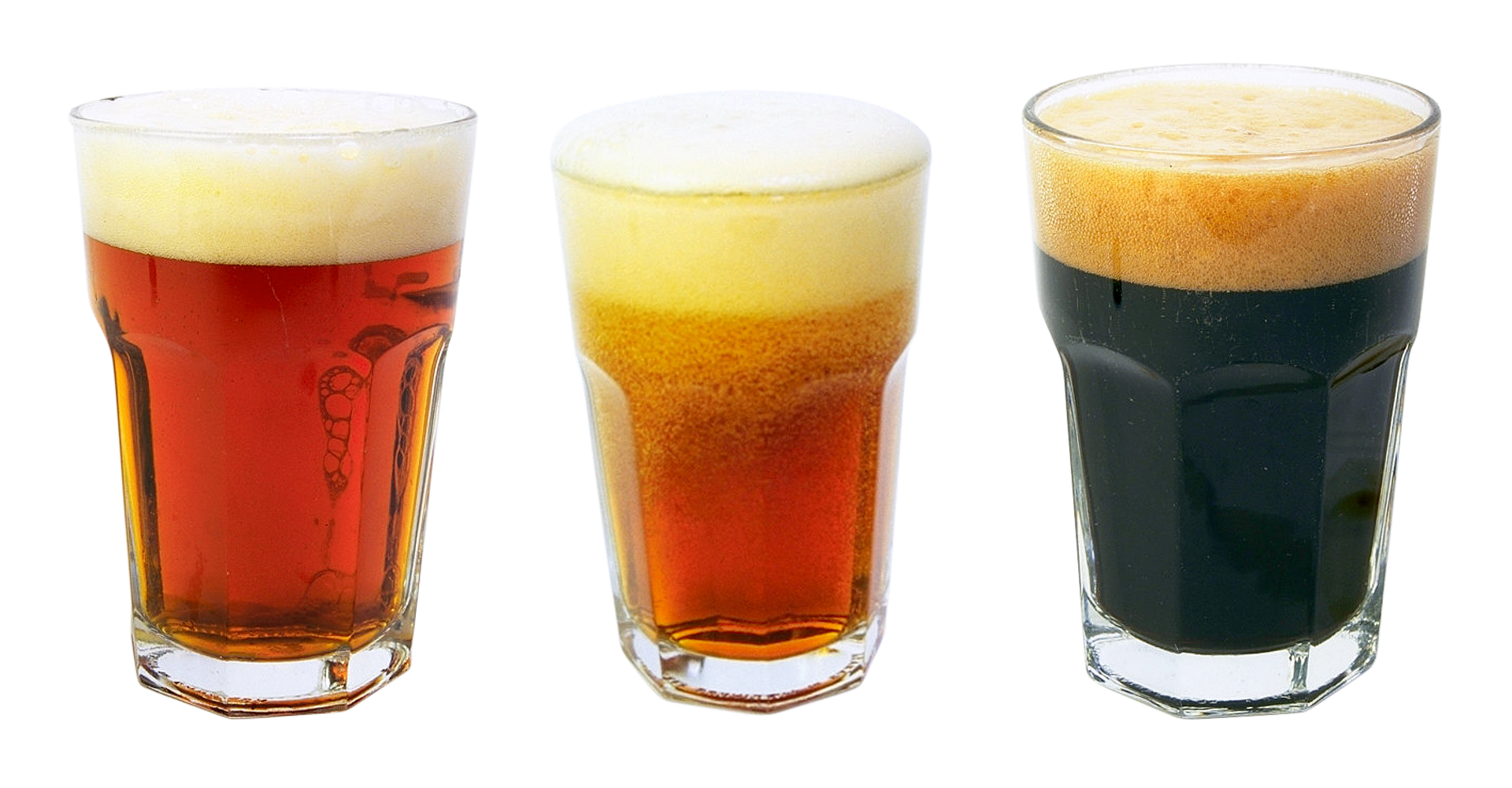Christmas Ales
A catch-all given to special beers made for Christmas and New Year celebrations. These ales are typically higher in alcohol (5.5%-14%) and are distinguished by the inclusion of dark flavored malts, spices, herbs, and fruits.
The Volstead Act
The Volstead Act was passed by Congress on October 28, 1919, to provide for the enforcement of the 18th Amendment, more popularly known as the Prohibition Amendment.
Three Threads
A beer drunk in 18th century London made up of three types of beer, commonly pale ale, mild (fresh brown beer), and stale (matured brown beer).
Candi Sugar
An adjunct commonly used in Belgian beer. Candi sugar can range from light to dark and is typically used in a liquid form by heating beet sugar with water and salts to caramelize the sugar. Many homebrewers use candi sugar in crystallized, hard candy form.
Esters v. Phenols
Generally, esters are fruity and usually desirable, whereas phenols are spicy and usually undesirable.
Tied House
A tavern or bar where the owner is required to purchase some or all of its products from a single manufacturer.
Spontaneous Fermentation
A method of fermentation by which all microorganisms necessary for fermentation are naturally occurring in the brewery and the brewer adds no cultures of microorganisms.
Trappist & Abbey Ales
"Trappist" is an appellation (i.e. a legal description with the enforceability of a trademark) meaning that only brewers who meet certain requirements are allowed to use the Trappist name.
Retronasal Aroma
Orthonasal and retronasal olfaction send messages to your brain to tell it what you are eating or drinking. While you can taste five basic tastes (sweet, sour, bitter, salty, and umami), you can distinguish thousands of volatile chemical compounds.
Itinerant Brewers
Brewers who do not own a brick and mortar brewery but rather brew beer at various breweries. Itinerant or transient brewers typically release their beers under their own label but may have several projects going at the same time at different breweries.




















